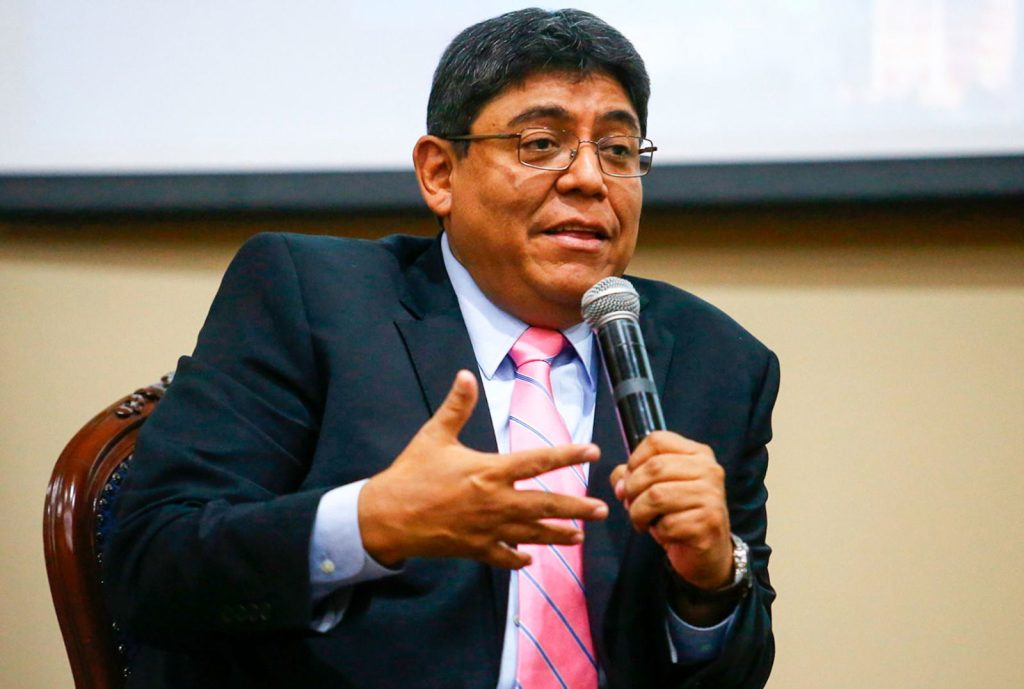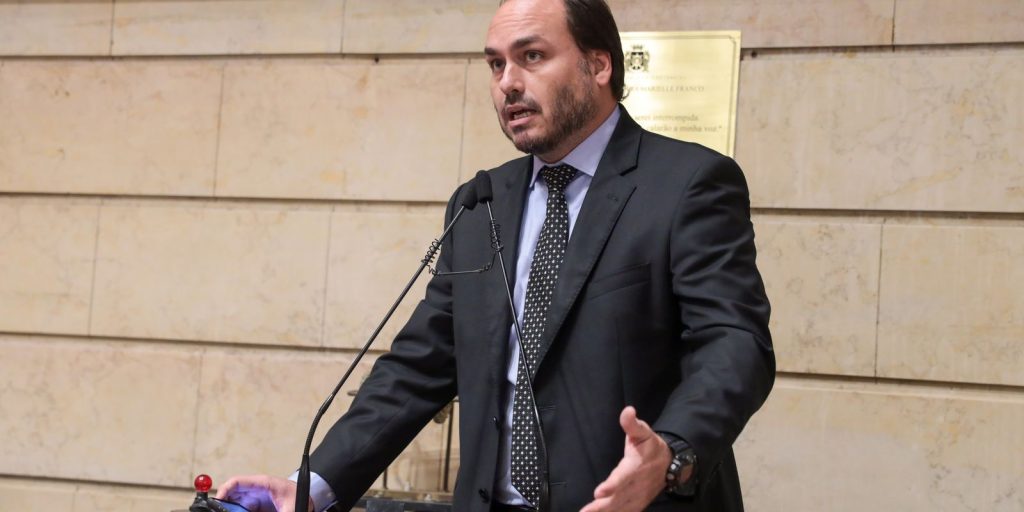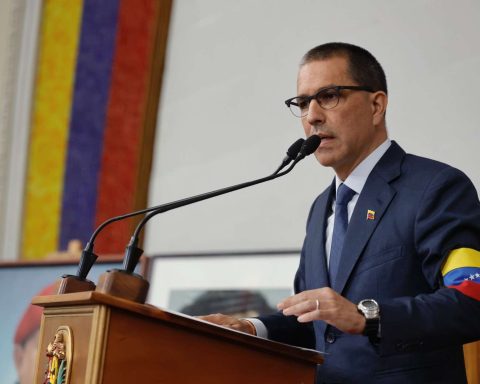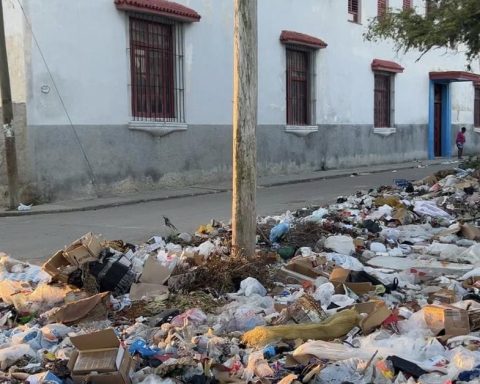Jessica Xantomila and Jared Laureles
The newspaper La Jornada
Wednesday, September 11, 2024, p. 9
In view of the constant arrival of foreigners in need of international protection and migrants on the country’s southern border, the UN Refugee Agency (UNHCR) and the Mexican Commission for Refugee Assistance (COMAR) are preparing to open the Multi-Service Center in Tapachula, Chiapas, the only one of its kind in Latin America, given its capacity to receive 1,500 people per day who need to initiate and follow up on their asylum applications, as well as other basic services.
The center is being built on a 7,000 square meter site that was donated by the government of Chiapas to the Ministry of the Interior for the use of Comar. Yesterday, UNHCR announced that the first phase of construction will be completed in December and it is expected to be operational in January 2025.
In a video posted on social media, Renee Cuijpers, deputy representative of UNHCR Mexico, explained that this project seeks to have a space where comprehensive care can be provided to people with international protection needs, whether they are refugees or applicants for that status, and also with openness to other populations in a situation of mobility
.
Silvia Garduño, communications officer for UNHCR Mexico, highlighted in an interview that Tapachula is the largest gateway to the country for people on the move, and is the city that receives 60 percent or more of asylum applications in Mexico.
The border city, he said, has three Comar offices that are dedicated to handling the different phases of the process to request asylum. However, with the start of operations of the Multi-Service Center The entire procedure to the asylum system will be there
but the aim is also to ensure that people can find guidance and information windows to, for example, access physical and mental health services, employment and socioeconomic links, and legal advice.
To this end, he indicated that the center will be attended by various entities from the federal, state and municipal governments, as well as UN agencies, international organizations and civil society.
Garduño mentioned that the first phase of the project, which is related to construction, was mostly financed by UNHCR. In the second phase, which is related to equipment, the resources will be provided by the UN Office for Project Services. He said that a model of care similar to the one that will be provided in Tapachula is already being applied in Tijuana, Baja California.
















